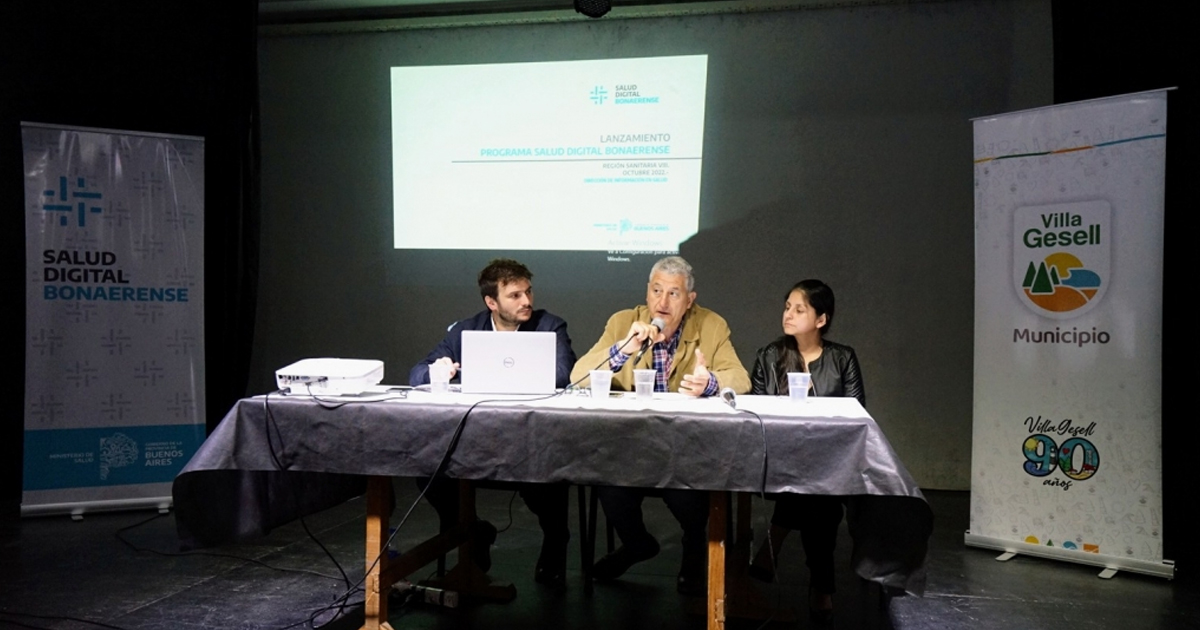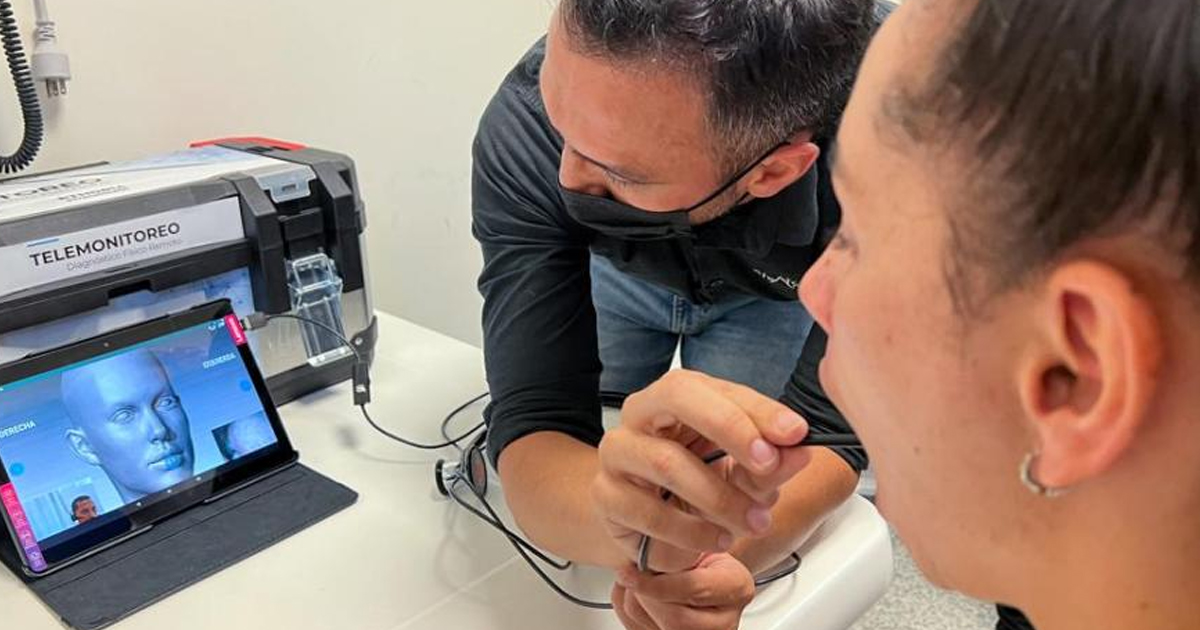The HIMSS21 Global Conference was held from August 9 to 12, and one of the most important issues addressed by the speakers was the democratization of health technologies and equitable access to them.
Technological tools, especially in Digital Health, usually seek to solve specific problems, however, they are not always focused on the needs of the people affected. This was one of the recurring themes at HIMSS21, one of the most important innovation and Digital Health events in the world. This year it was held in a hybrid way from Las Vegas, NV and digital conferences.
Dr. Azizi Seixas, assistant professor at New York University's Langone Health, explained during one of the presentations that developing the most innovative solutions based on Artificial Intelligence can become innovation in vain if people cannot or do not have the tools to use that software and take advantage of it.

Reenita Das, vice president and health specialist at Frost & Sullivan, for her part, explained that it is necessary for medical care systems to continue to update and continue to open spaces for representation to all people. The specialist gave as an example the importance of women being studied proportionally in clinical trials, and also that there be representation of different ethnicities.
In another Seixas intervention, he explained that the creation of health agendas and research tools must have the participation of people from the beneficiary community. “When you co-create a tool, the community will tell you that the design has to be a certain way, the cost has to be a certain way, and the spread and deployment have to be a certain way,” he explained.
They also addressed issues such as the obstacles presented by young companies specialized in Digital Health. And, above all, as Das explained, the need to build health systems beyond hospitals, and take it beyond so that all people can receive medical innovations.






